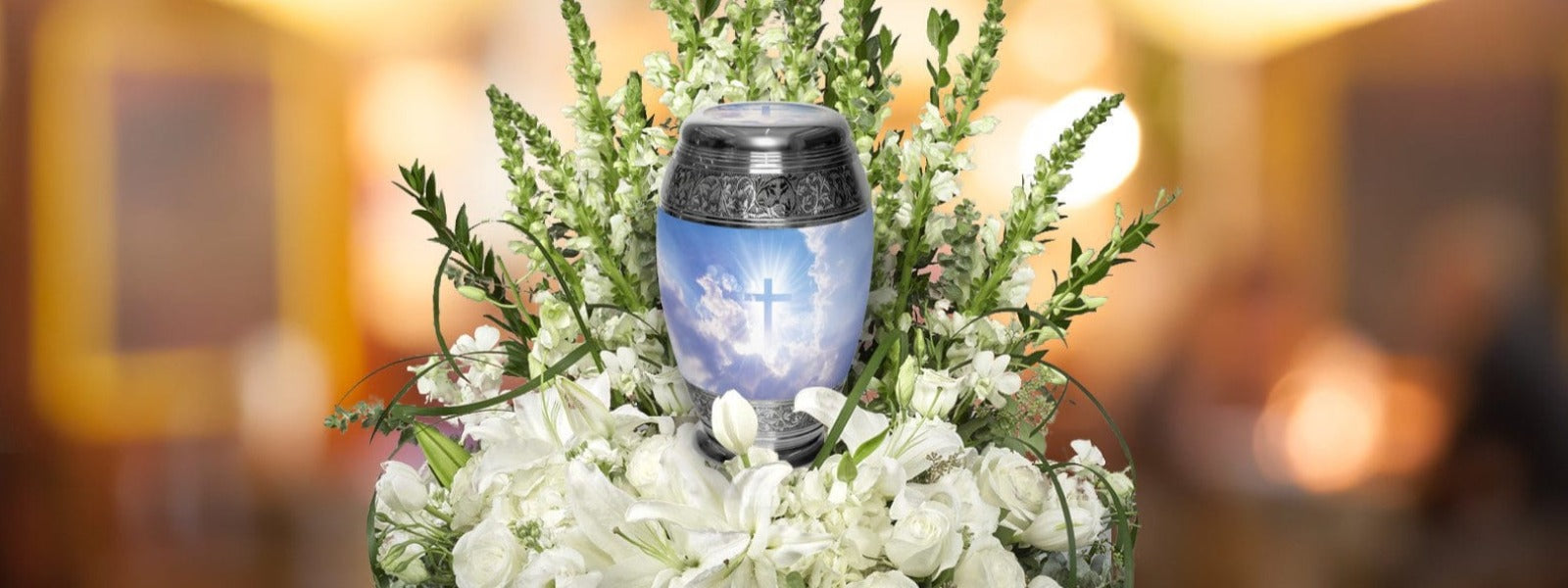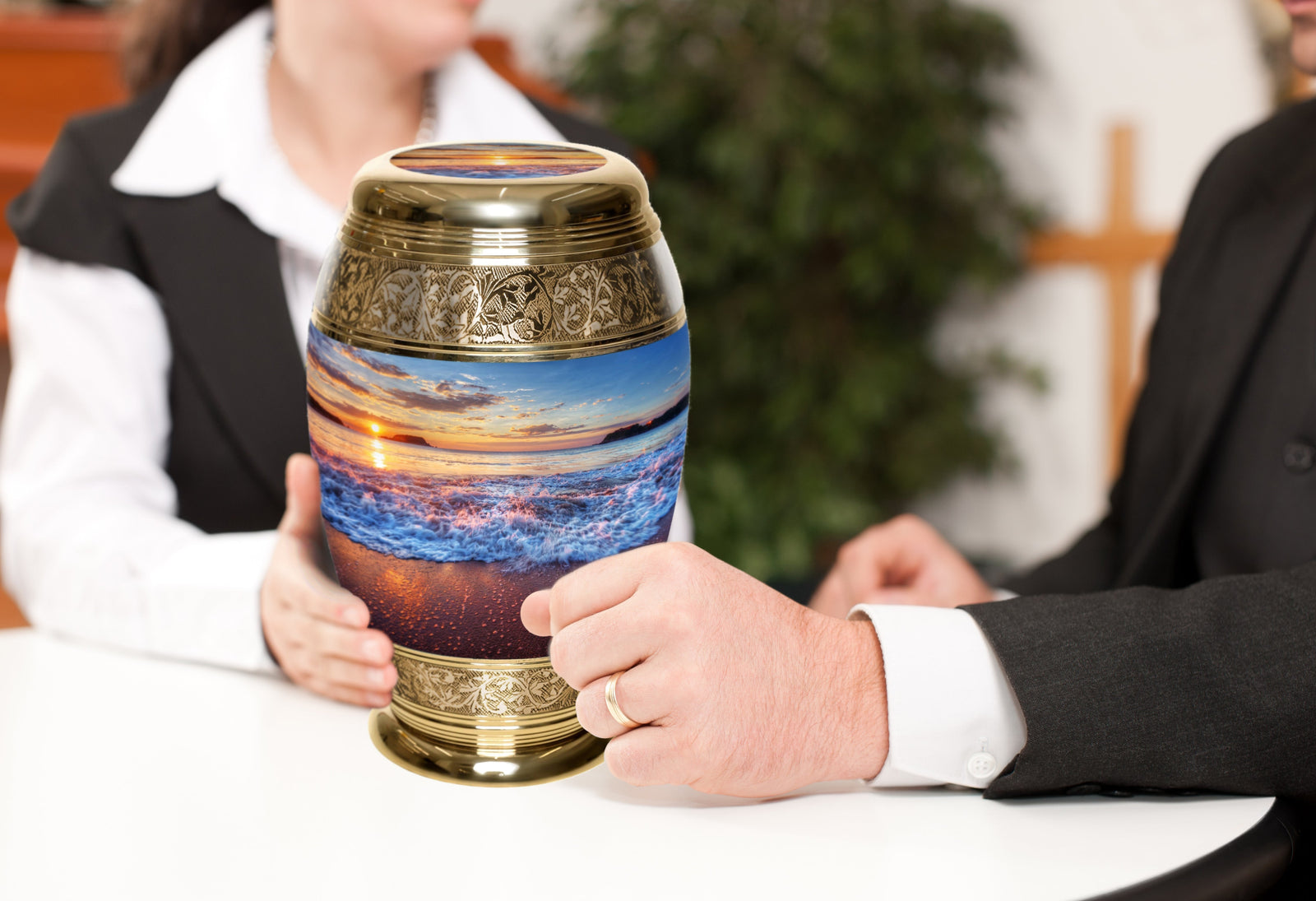Religious views on cremation differ widely across various faiths and traditions. Here's a brief overview of the stance on cremation for some of the world's major religions:
1. Christianity:
- Roman Catholicism: Historically, the Catholic Church preferred burial. However, since 1963, cremation has been permitted, provided it is not chosen for reasons contrary to Christian teachings. The ashes should be treated with respect, preferably stored in a sacred place like a church columbarium, rather than scattered or kept at home.
- Eastern Orthodox: Traditional Eastern Orthodox beliefs prohibit cremation, emphasizing the sanctity and integrity of the human body.
- Protestant: Many Protestant denominations allow cremation, and the choice is generally left to individual discretion. Some might still prefer burial, drawing on traditional practices and biblical references.
2. Judaism: Traditional Jewish law (Halacha) prohibits cremation, emphasizing the respectful return of the body to the earth through burial. This perspective is rooted in various scriptural and Talmudic references. However, cremation is becoming more popular within the faith and some more liberal or secular Jews are more likely to choose cremation.
3. Islam: Cremation is forbidden in Islamic teachings. Muslims are required to treat the deceased with great respect, which involves a swift and specific burial process.
4. Hinduism: Cremation (known as "antyesti") is the traditional and preferred method in Hinduism. The funeral rites involve burning the body on a pyre, and it's believed that this practice releases the soul from the physical body. However, specific groups, such as Sadhus or holy men, might be buried instead.
5. Buddhism: Cremation is acceptable in Buddhism and is common in many Buddhist-majority countries. Buddha himself was cremated. The decision between cremation and burial often depends on cultural practices rather than religious doctrine.
6. Sikhism: Sikhs generally prefer cremation, following traditions set in their religious texts. After cremation, the ashes are typically scattered in a river.
7. Bahá'í: The Bahá'í Faith requires burial and prohibits cremation. The body is to be treated with respect and placed in a coffin, with burial occurring not too far from the place of death.
8. Jainism: Traditional Jain beliefs support cremation, as it aligns with their principle of non-violence, ensuring that microorganisms in the soil aren't harmed by a decaying body.
It's essential to understand that within each religious group, individual beliefs and practices can vary. Regional and cultural differences, as well as personal preferences, can also influence the decision on cremation or burial. If in doubt or if seeking guidance, it's advisable to consult with religious leaders or scholars of the specific tradition in question.






Leave a comment (all fields required)